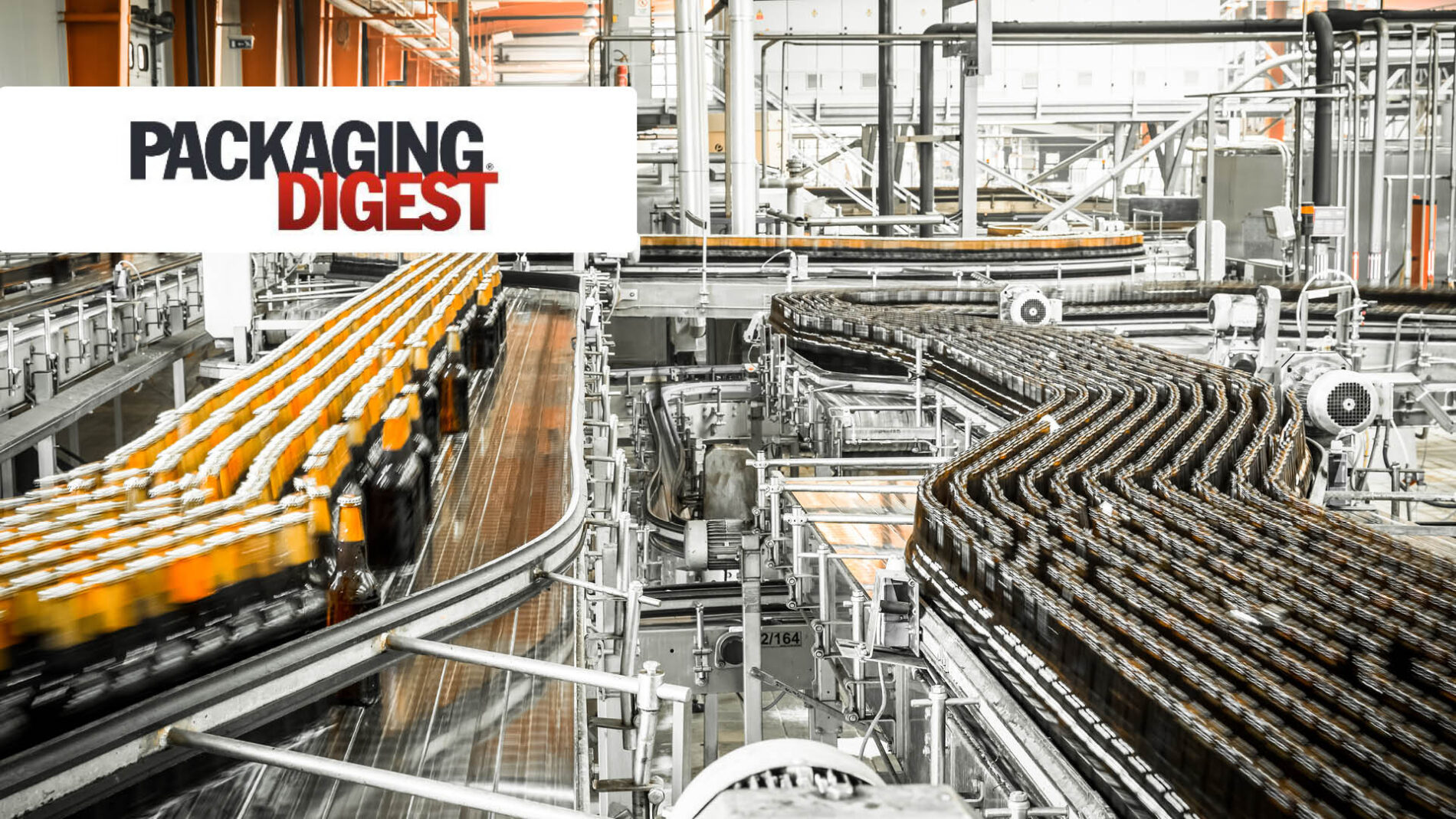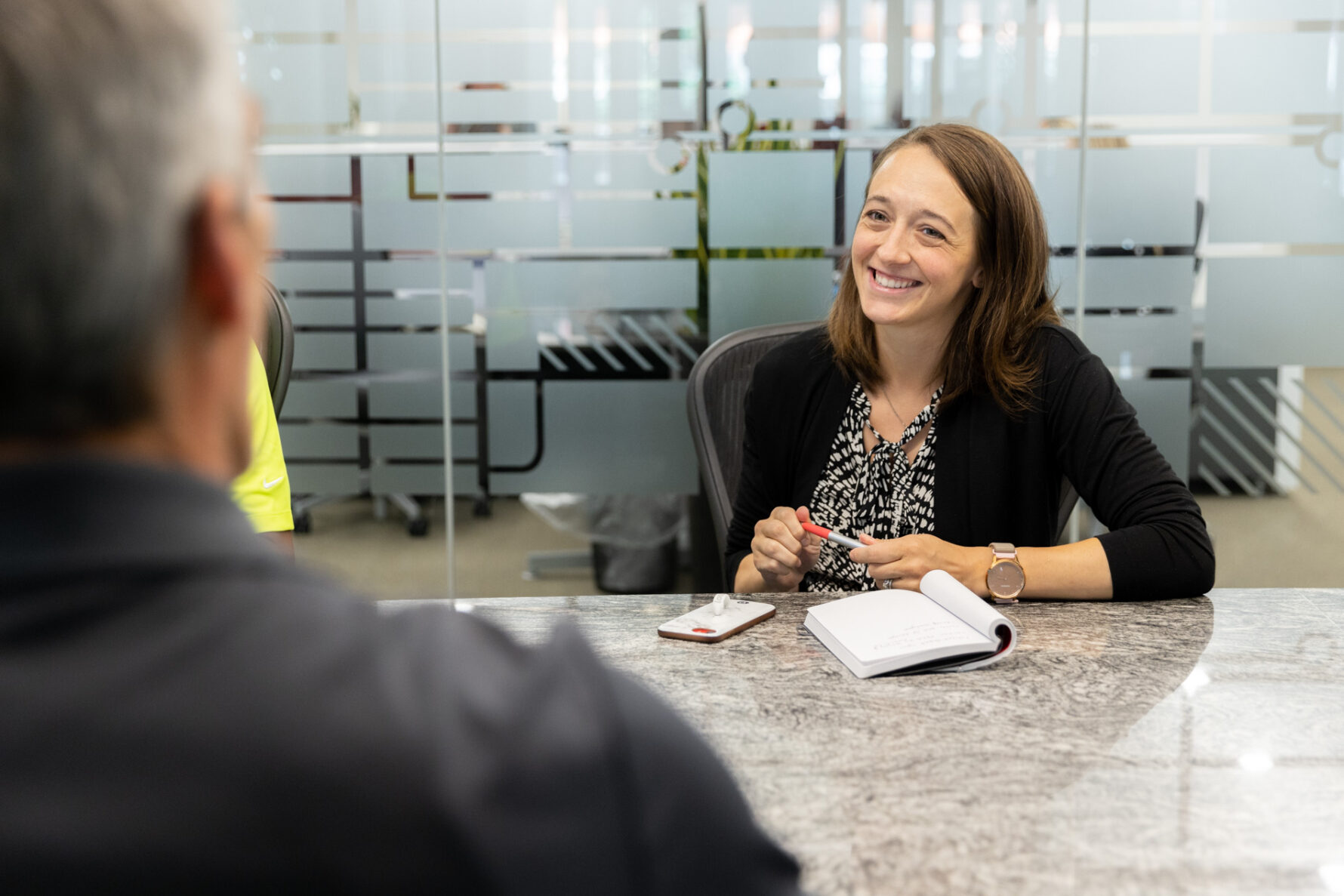Packaging 101 With Amanda Tran
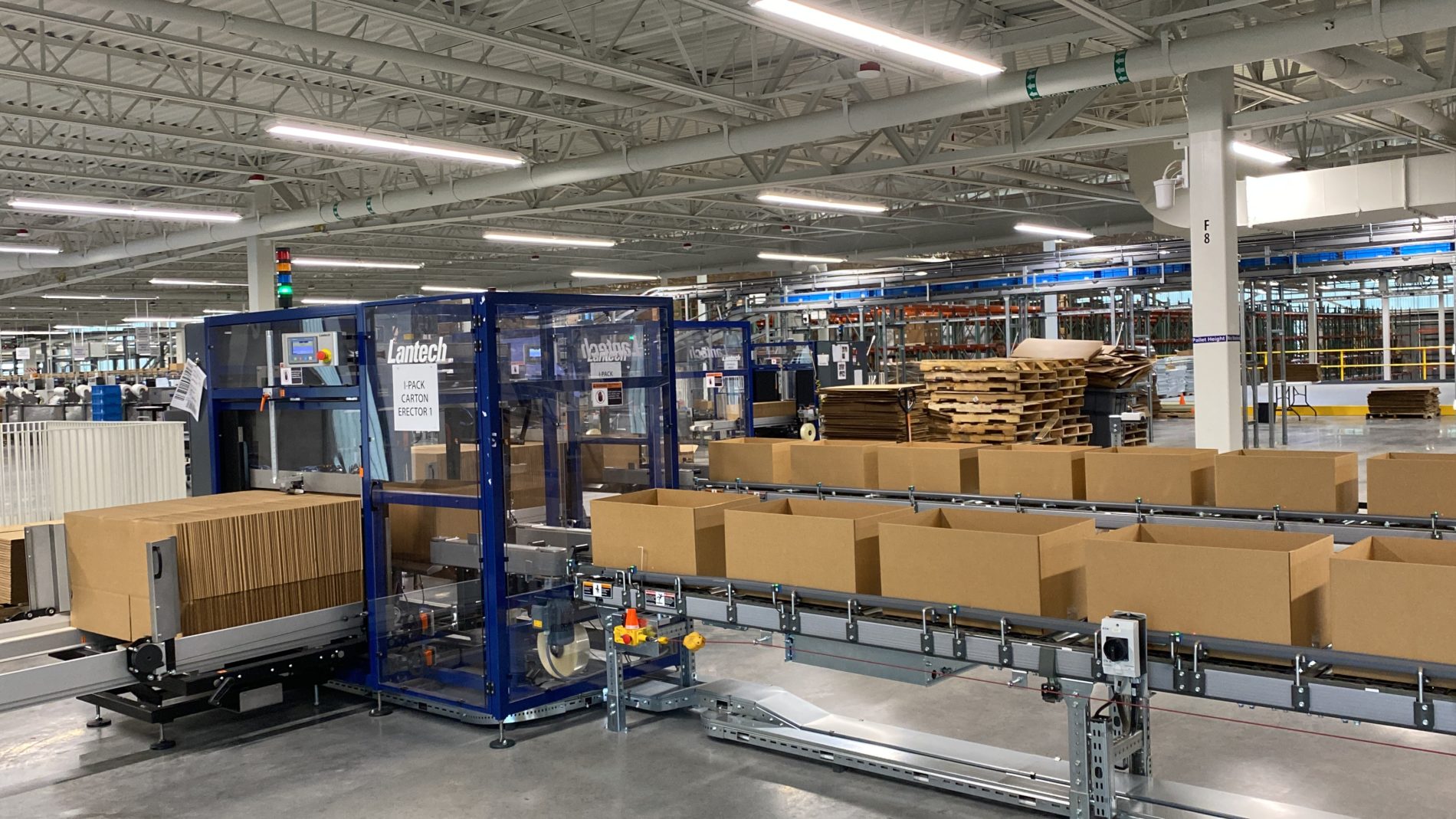
Packaging 101 With Packaging Manager, Amanda Tran
McCownGordon has a long history of executing packaging and material handling projects but has decided to make a strategic investment into leadership to diversify and grow their portfolio. The manufacturing market is one of the largest growing sectors in the United States. Clients are reacting to increasing demand and speed-to-market initiatives driven by their marketing teams. U.S. companies are also ramping up investment in facilities within the United States to decrease the risk of a volatile global market. Projects range from upgrades to existing packaging lines, new packaging lines, building expansions, utility infrastructure and greenfield projects. Recently, McCownGordon associates had the opportunity to gain experience on the unique components within the manufacturing industry from McCownGordon’s packaging manager, Amanda Tran.
Amanda’s Background
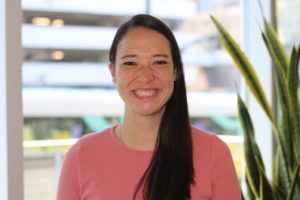
Amanda has an extensive background in packaging as she has been in the manufacturing industry for nearly 10 years with a focus on packaging. Not only has Amanda worked on a wide range of projects, but also on a variety of products such as coffee, powders/spices, sports drinks, carbonated drink flavoring, canned wine, meat alternatives, gluten free bread and cookies, toilet paper/paper towels and pharmaceutical products. She has spent time designing packaging lines and in manufacturing facilities overseeing installations and starting up/commissioning packaging and process machines/lines.
Packaging 101 Training
The manufacturing team understands the importance of continually educating our associates on trends in manufacturing and packaging. Amanda hosted an educational webinar for McCownGordon associates to address different topics such as the project role and expectations of a packaging engineer, best practices on how to design production lines, information on various packaging machines, types of services the manufacturing team offers clients and how that extends to all the other services McCownGordon offers as a company.
A “wow” moment for associates was when Amanda explained that packaging engineering had a part in the development of every item at the grocery store. This includes food, beverage, beer, wine, spirits, consumer products and pharmaceuticals. An example Amanda showcased included the process of being able to drink a glass of milk to explain where packaging falls in the process, stating “it starts with cows. The farmer feeds and milks the cows. He sends the milk to a facility where it is then bottled. The bottle of milk is then shipped to the store for purchase. Consumers go to the store, buy it, and then drink it. In this scenario, packaging would fall into the bottling and boxing/casing of the product.” Associates found this analogy helpful and relatable.
Processing vs. Packaging
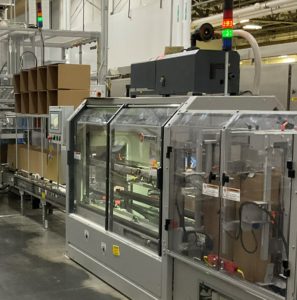
In addition, Amanda explained the difference between processing and packaging. Processing consists of anything being done to the raw product itself to transform it to its final state such as mixing the sugar, cream and flavoring to make ice cream. Packaging starts at the filler and goes through the end of the line typically at palletizing, as the product makes its way to the grocery store. Packaging projects are driven by product changes, production needs, automation needs with operator reduction, equipment upgrades and new brownfield/greenfield facilities.
Line Design Theory
A benefit McCownGordon can provide and the first step in solving a company’s problem is through a line design theory. This process begins by our team asking what goals need to be accomplished and what problems must be solved. The line design theory is a crucial component of packaging and explains what the client is trying to accomplish. Amanda shared examples of a product matrix, flow diagram, speed matrix, line layouts and simulations using the FlexSim software. FlexSim technology provides clients with a virtual visualization of their packaging process to identify any issues that may arise in design. This helps avoid costly rework once construction begins and drives efficiencies in the packaging process.
Product Matrix
In another example, Amanda uses the analogy of a car to explain the product matrix, stating if you need to get somewhere and you have several types of transportation options including car, bike, plane, then you must first ask yourself ‘what do I need to get there?’ The car represents the product and the needs that must be solved for. The product matrix assists a client by providing a centralized spot with all the information needed. Asking our clients, the right questions and gathering this information, our team can get the correct equipment that will perform the best to meet our client’s needs.
Types of Packaging Machines
Lastly, Amanda detailed each typical packaging machine, its unique aspects, and the goal for users for each of these machines. The following are typical packaging machines: depalletizer, filler, labelers, coders, inspection equipment, case packers, palletizer, and conveyors.
McCownGordon Manufacturing Team
McCownGordon can help our clients with conceptual design, master planning, execution with trade partners, procurement, installation management, and start-up/commissioning management. Some highly valuable and unique services that McCownGordon offers beyond our standard delivery model are facility or line audits, simulation, factory acceptance test (FATs) and startup/commissioning. A thorough audit helps identify inefficiencies and ways new and innovative techniques can help improve the customer’s facility.
The manufacturing leadership team brings different backgrounds with a high-level of expertise. Justin Hamilton has over 20 years of experience in manufacturing and is currently serving as McCownGordon’s Manufacturing Market Leader. He is responsible for overall operations and performance across our project portfolio. Prior to joining McCownGordon, he managed maintenance, operations and projects in multiple plants for Procter & Gamble, a global leader in food and consumer products. He has also managed and served as executive sponsor for multiple large, complex design-build projects for manufacturers in the food, beverage, consumer goods, durable goods, and pharmaceutical industries. Many of these projects included extensive high-speed, automated packaging and material handling.
Jamie Bailey currently serves as Director of Client Strategy supporting our National Manufacturing Business Unit. For over 13 years, he has served on both the operations side and in key marketing and business development roles within the food, beverage, and consumer products markets. His current scope involves functioning as the primary advocate for clients, understanding their business needs and implementing effective packaging project solutions. He has a broad range of knowledge related to primary and secondary packaging systems, processing, manufacturing line automation and systems integration.
Jeff Roy currently serves as Vice President of Manufacturing for McCownGordon, bringing over 30 years of industry experience. Jeff has a thorough understanding of all facets of engineering and construction management for complex manufacturing facilities. His work in the last 15 years has primarily focused on food and beverage, consumer products and the general industrial market. Jeff’s dedication to quality work, project team leadership and client communication reflect McCownGordon’s commitment to our core values.
Internal trainings like this one allow our associates to gain a better understanding of market trends and topics and become more educated on this growing multidimensional market.
We have three regional offices around the Midwest—Kansas City, Manhattan and Wichita in addition to our newest location in Dallas-Fort Worth, Texas. Call us at 888-304-4929 or use our free online quote tool to start building today.



